Photos by Matt Arpaio.
When I first told my father that I wanted to come to Italy, he responded with a resounding “No. Absolutely no.”
“Do you know what’s happening in that country?” he asked over the telephone. “Have you seen the way refugees and migrants are being treated?” he continued.
“Jo, you’re black. You may have an American passport but as far as the regular Italian is concerned, you are no different than the thousands of migrants arriving at their shores every day. I do not want you to walk into a hostile environment, I am still a parent and you are still my child,” he finished.
The truth is, I’d thought about this particular situation for many months and I understood his concern. I had consulted Italian friends in New York, African friends in New York, I’d read countless articles and watched the news religiously to try and glean an ounce of understanding — but in the end, the heart wanted what the heart wanted.
I’m a romantic — which makes me undeniably keen to my profession. After a few glasses of whiskey, I start quoting Jack Kerouac circa On The Road. There’s not much anyone can do at that point except sit, shake their head in accordance and order another drink.
I had always wanted to live somewhere I could feel inspired to create stories that moved with emotion. I decided to come to Italy for the same reason that I decided to go to Paris and to New York. For me, it was imperative that a writer not sit in a sterile environment waiting to be inspired, but instead, thrust themselves into the chaos of life, feel it with every morsel of their body, and then write about it.
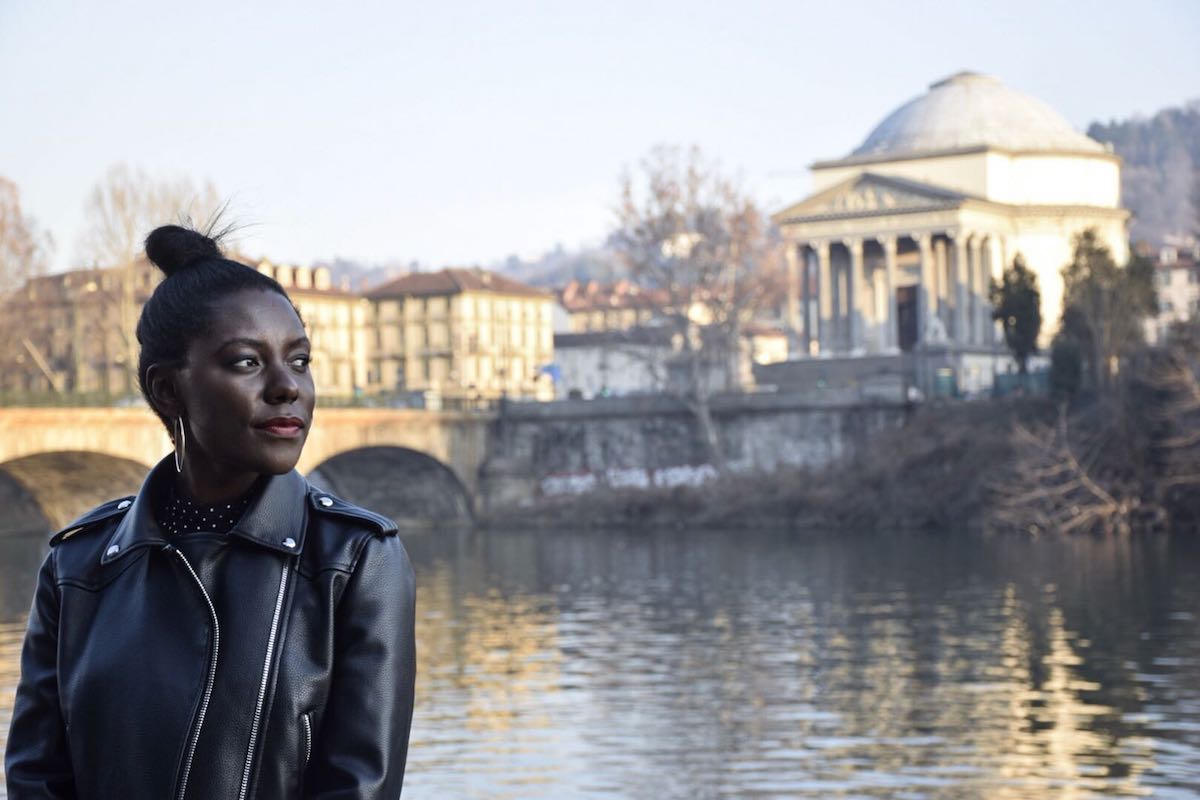
I arrived in Turin on the 24th of November after six weeks in Jerusalem writing the first few chapters of my book. I was lethargic, a bit love drunk from a tryst with a Swiss skier and anxious to hear back from publishers. An Italian friend living in New York offered for me to stay with her parents in the city of Turin as a way to orient myself, and though I had dreams of living in Florence writing from a tiny cafe overlooking a hillside, I agreed.
It was very cold the day I arrived and the industrious plateau of the open city felt rigid and skeptical. I remember that before we entered the center, the surrounding parameters offered glimpses of graffiti-covered walls, naked trees, and clothing racks hung out on balconies with the day’s laundry. It was not the picture I had carried in my mind of a vibrant, art driven Italy — but it was Italy, nonetheless.
My friends parents had a home in a newer part of Turin near Parco Dora, an area that if you had ever lived in DC but worked in Bethesda and had to take the Red Line to Shady Grove, you would recognize in a heartbeat. Clean and relatively quiet, the neighborhood for which I made my early introduction to Turin felt undisturbed — like a small French town.
About a week into my stay, I found the courage to venture out on my own and explore. I took the bus from Via Livorno into the center of the city to have a glass of wine at an elegant restaurant I had spotted on a previous walk called Angolo 16.
Angolo 16 was a perfect segway for this New York City girl: calm and unpretentious. The waiter on hand was chatty and we struck up a friendship very quickly. Minutes later the chef, Vladimir, came out and introduced himself — we all laughed casually about making Turin home as I sampled special plates and gushed over the wine. After dinner, I joined the chef and his friend for a drink at a nearby pub a few blocks away — for the first time, I allowed the city of Turin to envelope me.
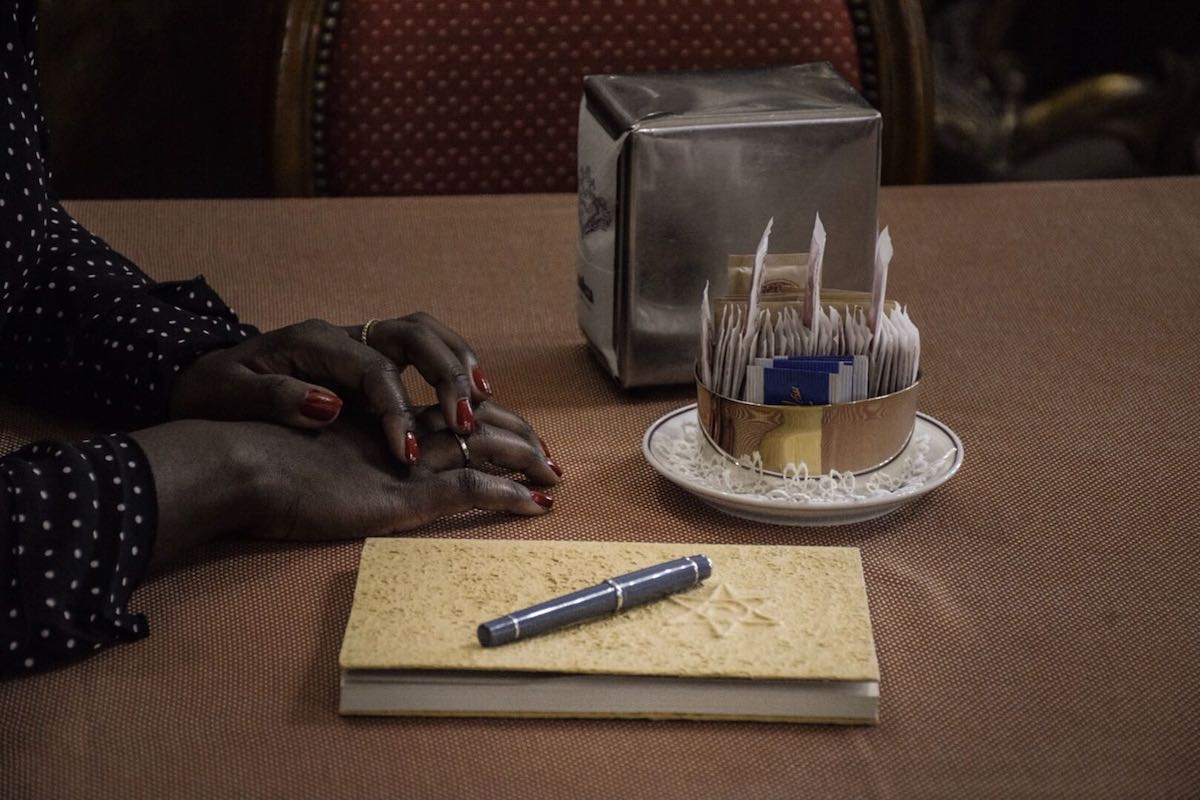
Since that dinner, I have had plenty of great experiences in Turin and for some reason or another, I have found that I connect the most with people in the service industry — blue collar workers whose stories I can read by the worry lines that encircle their tired eyes. Their lives have birthed hours toiling to provide for their families, send their kids to college, and build businesses to lift their communities. Most of them look like me, so I can’t help but be drawn in.
I spent my first Christmas in Italy — a wonderful experience witnessing how families celebrate generations of traditions. During one of the gatherings, I tried to explain to a friend the conflict I felt as a black woman in Italy. My father’s tough words still lay heavy on my heart and with each adventure around the city, I was haunted by guilt. I am not able to count the number of African immigrants in Turin. I am not able to tell you exactly where they come from or what atrocities they have overcome in order to be here. What I can tell you is that every time I am near an African immigrant, I feel ashamed.
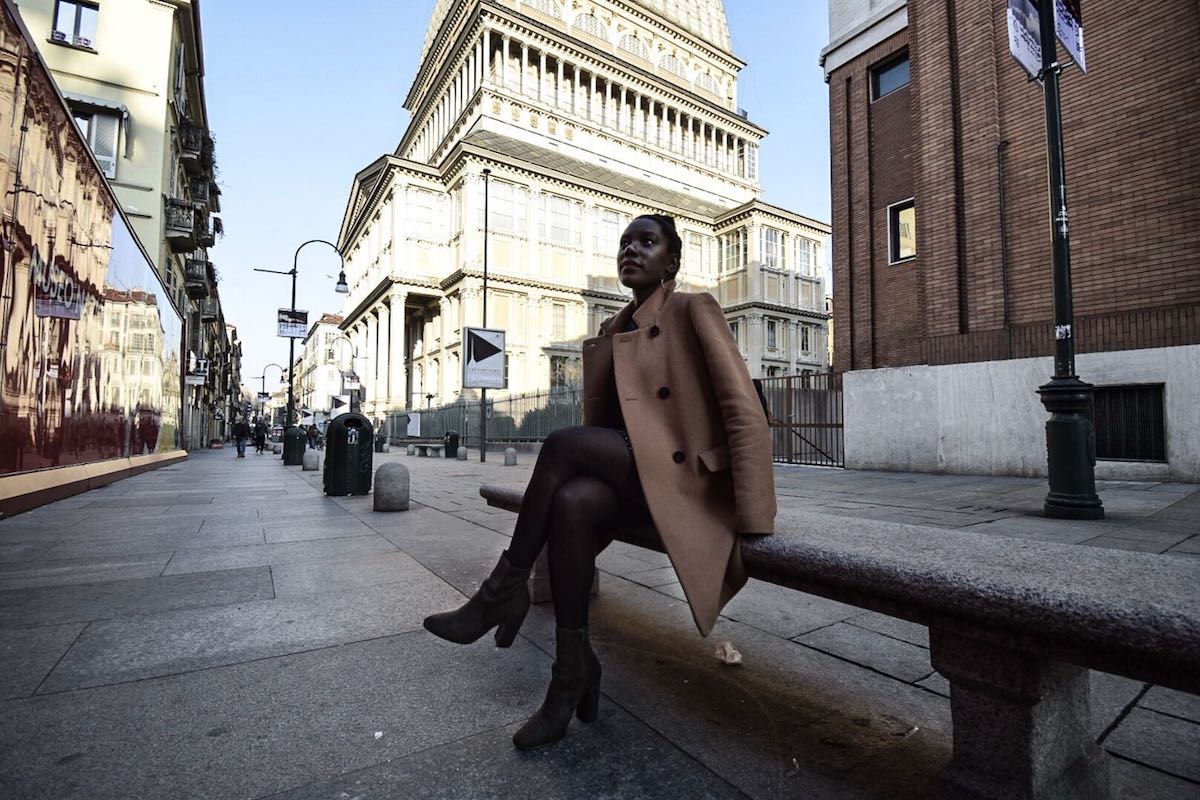
My privilege is on display 24 hours a day.
It’s in the way that I dress, the words I choose to use, the places I go to eat lunch, the people I surround myself with, and the safety I feel when I fall asleep at night. Not a minute goes by that I am not confronted with the fact that my journey to Italy was without pain or prejudice. Sometimes when I ride the bus — which I make a point of doing every day — I will catch a young African girl looking at me. I will hold her gaze until I can feel her many questions and her resentment. I know that to her, I am not exactly like her. I may have the same skin color, but I will never know her experience — to see what she has seen at such a young age.
Some will read this and say it’s all in my head, but some will also read this and say, “I know the feeling.”
The thing is, I’m an African first and an American second. I will always be sensitive to the anxieties of anyone who has suffered pain, but more especially to those who look like me. When I ride the bus and start to feel ashamed, I am reminded of Dr. Martin Luther King Jr.s’ potent words: “We may have all come on different ships, but we’re all in the same boat now.”
Turin is one big boat.
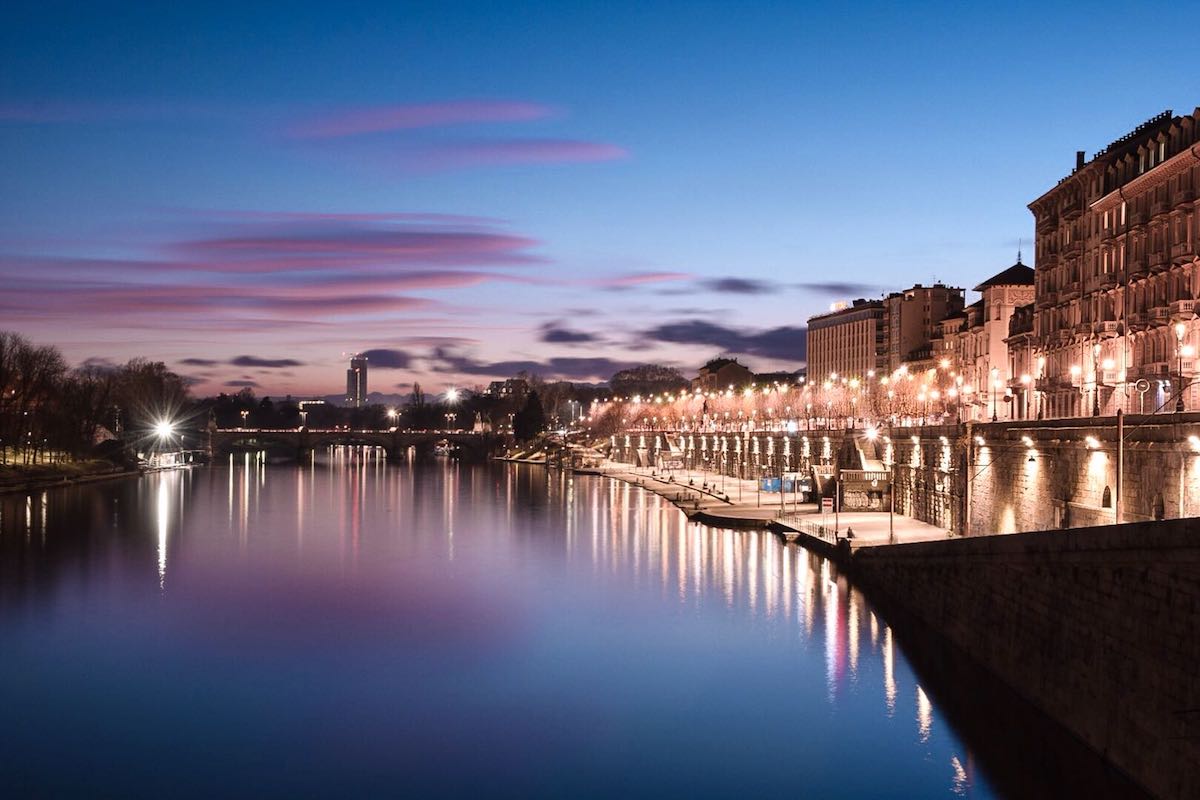
There are all kinds of people here — too many for me to elaborate on. In the last few weeks, what I have found is that regardless of where people have come from, there is only one Italia.
A few nights ago, I was explaining to my Italian friend Lorenzo about the beauty of the Juventus football team (which may or may not have something to do with my feelings for number 33). It has been many years now since I played the game and even more since I watched it from a stadium, but the feeling of comradery still rings true. I was telling Lorenzo that aside from being an amazing team, they are a powerful example of what it means to ride in the same boat. I recently went to watch a Juventus vs Chievo match at Six Nations — a popular pub in the center of Turin famous for its robust beer list, and bartenders who often wear kilts. Midway through the match, I looked around the room and noticed I was watching the game with the most diverse crowd of people I had ever seen in Turin. Parents and their children, neighbors, foreigners, university students, migrants, the elderly, taxi drivers who had turned the meter off to catch the score, the rose sellers and even a few pets who lay quietly on the floor without leashes.
Football — and in this case Juventus — was a powerful tool in bringing people from different backgrounds together. Simply put, there was no race, religion, gender, economic or political status when it came to the game. There was no “every man for himself” because this was a community effort and those Juventus players represented the community for which I was privileged to live.
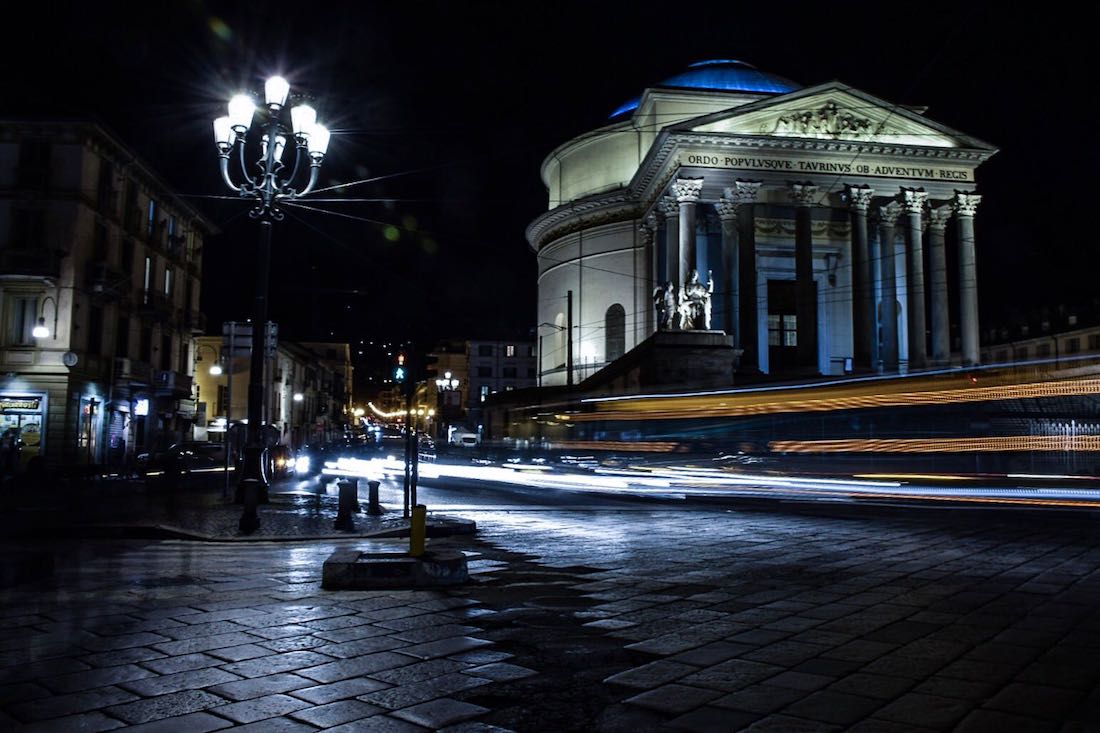
I have discovered that Turin is truly an unexpected beauty. It is not just in landscape or architecture, but in the complexity of personalities that walk each piazza. I befriended a local bartender named Mateo at the Mad Dog Social Club who in our first meeting told me that out of all the Italian cities, Turin was by far the most special. “You have to peel back the layers, search a little. At first, it will seem cold and even the people will seem cold, but after you dive in a bit you will find that it’s the most incredible place.”
This incredible city has its ups and it has its downs. It’s no secret that Italy as a country is in crisis — economically, politically and socially. A country built on ambition, it’s now forced to reconcile its rich history with its unpredictable future. In March, Italians will head to the polls in an election bathed in controversy and ambivalence, not to mention an untested electoral law. The conversations that I’ve had with Italians here focus more on the ambivalence rather than the controversy. Naturally, my interest is whether the young population will vote — just as in my own country. I have yet to hear a positive answer with many people telling me that there is no confidence whatsoever that things will change in Italy after the elections, and that the candidates running for office aren’t helping this fact. Young voters in Turin are not naive, they are skeptical — just like the city itself.
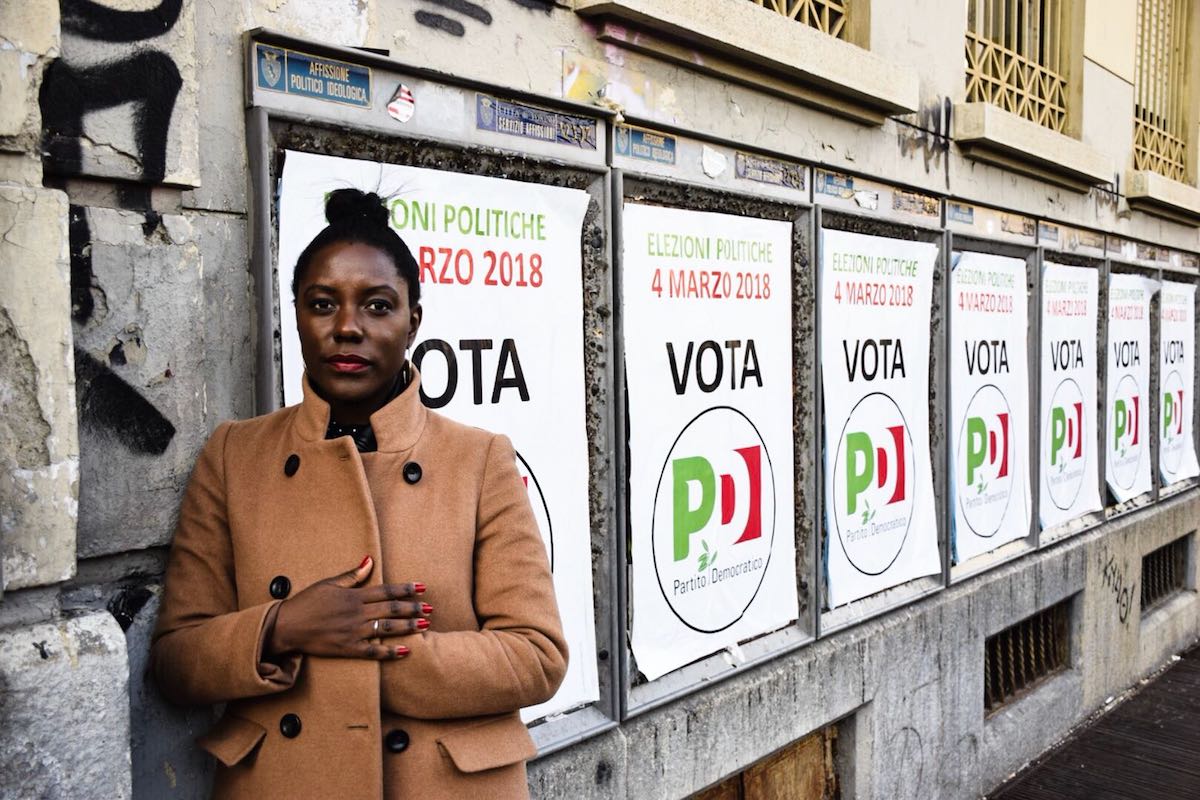
I’m going along for the ride and taking every opportunity to ask questions, to listen and to learn. Like the city of Turin, its citizens are looking to peel back the layers and dive in a bit. Whether it’s changing cultural norms to make space for new immigrants, or football matches that bring people together, or even dinner tables where families pass down years of tradition, the beauty of this city will catch you unexpectedly.
And if you’re patient enough, it may even tell you a story or two.











